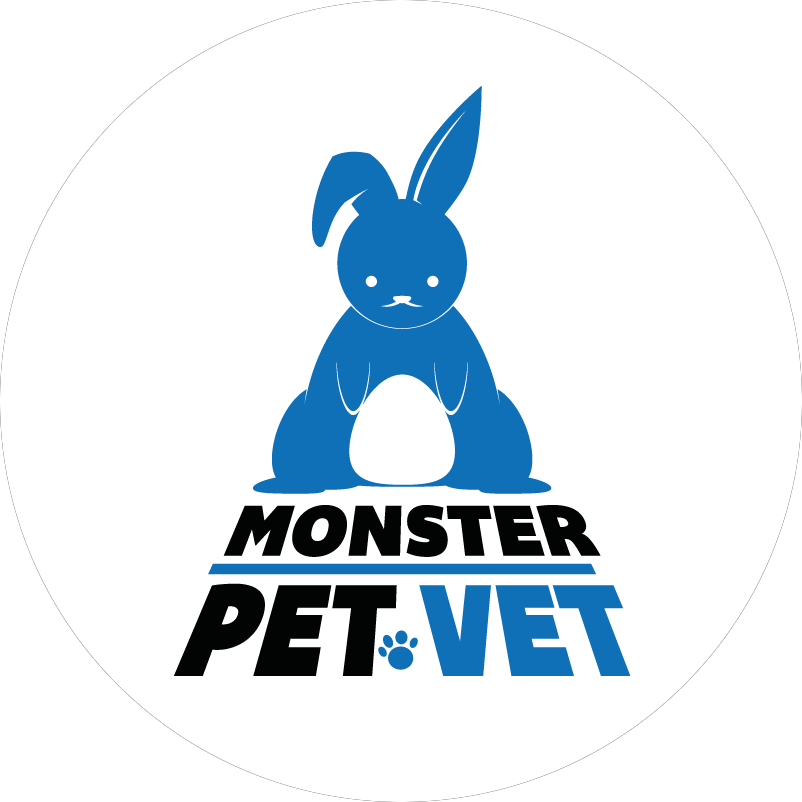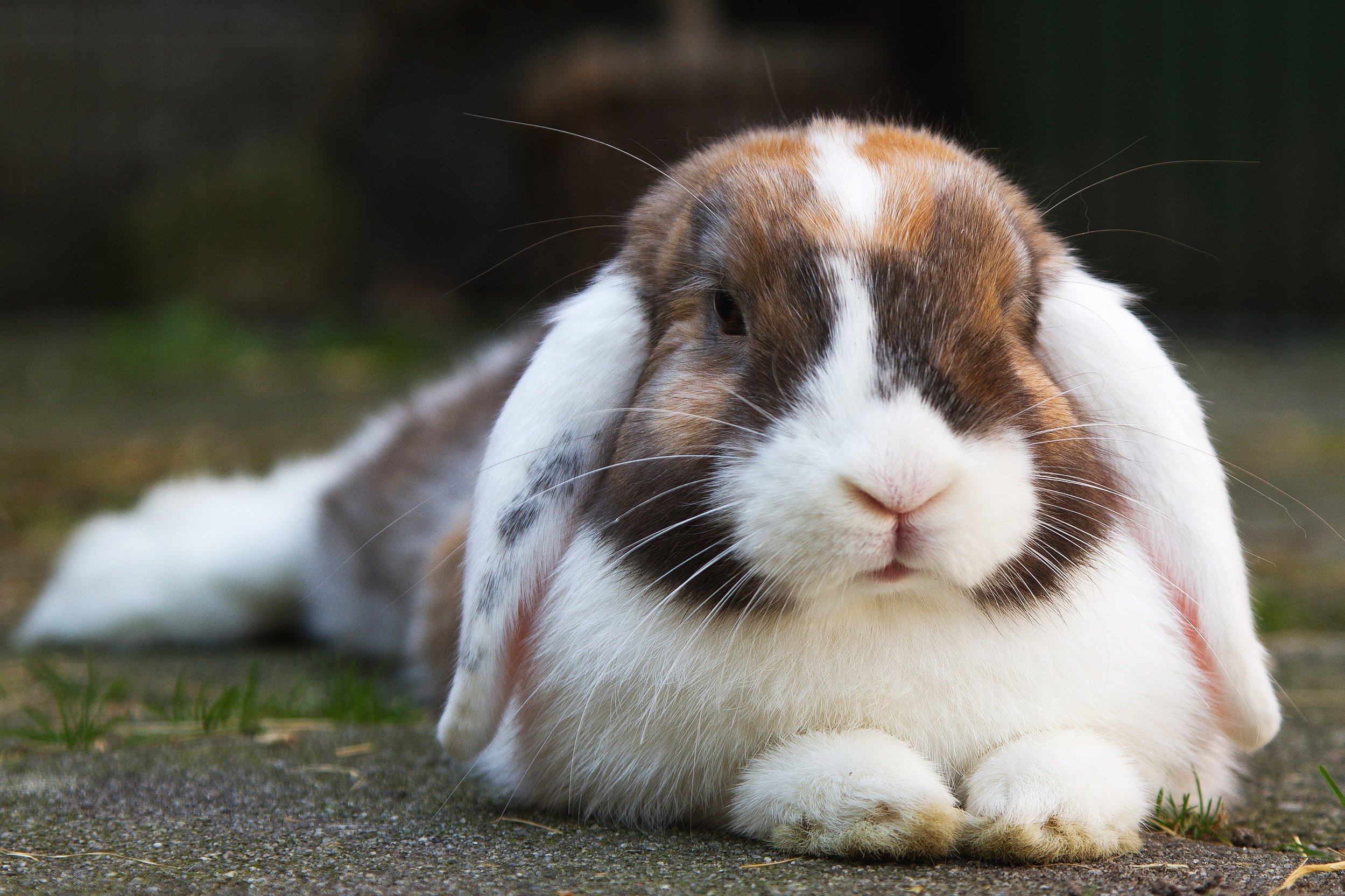
Welcome to Monster Pet Vet
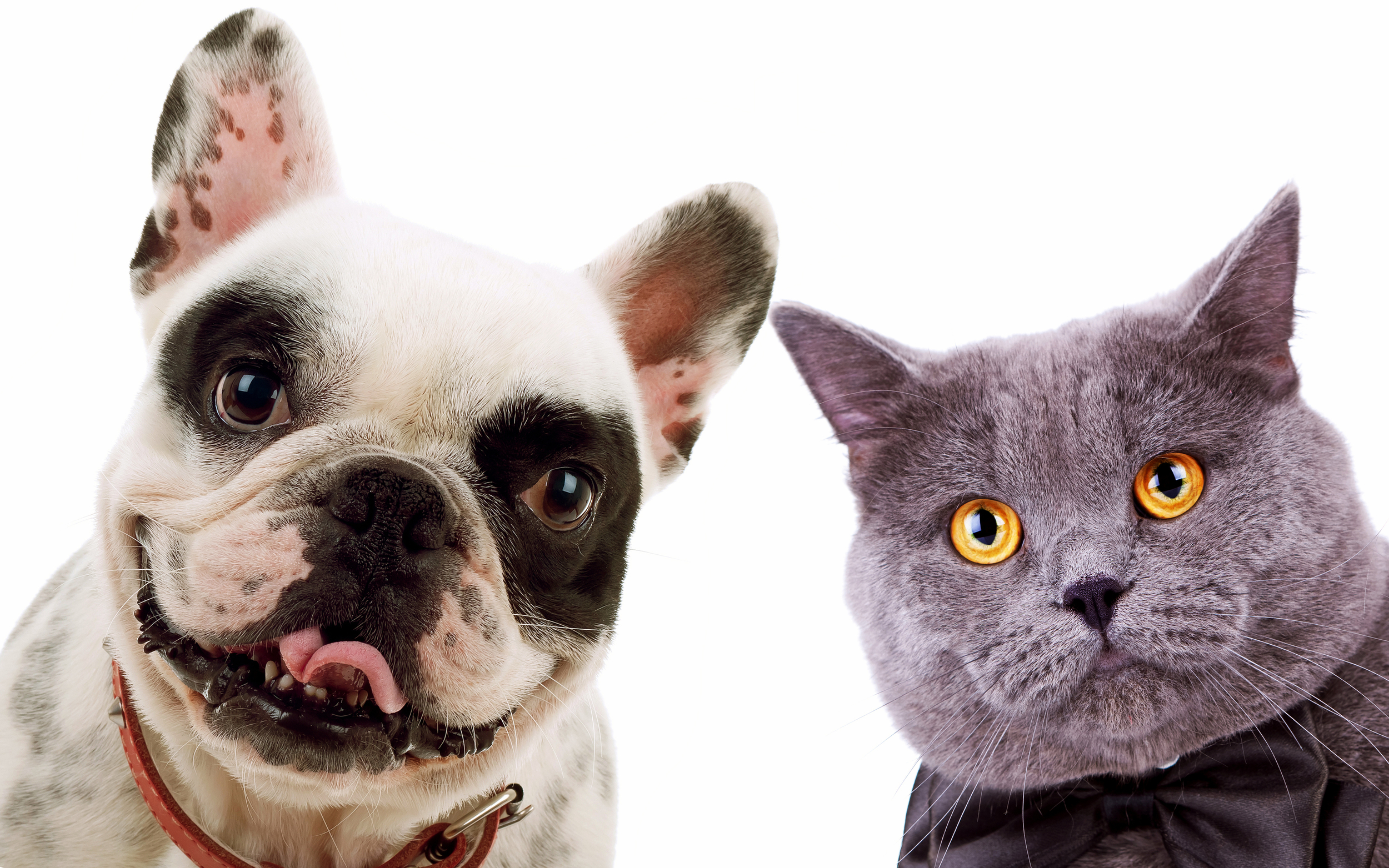
Articles
Articles on Pet Care
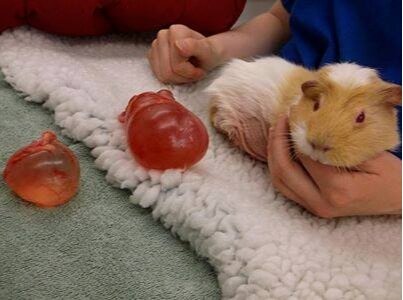
Bearded dragons are one of the most common pet lizards. They are known for their tameness and are great for first time reptile owners. The average life span of beardies range from 6-10years and can weigh more than 300g as full grown adults and have a head to tail length of 30-50cm long.
Feline Lower Urinary Tract Disease (FLUTD) is a broad term that is used to cover a number of conditions associated with the cat’s lower urinary tract. This may present as a variety of problems. A common condition involves an obstruction in the urethra. This is commonly known as plugged-penis syndrome or blocked cat syndrome. Complete urethral obstruction is fatal if left untreated. Male cats tend to be more susceptible to the disease due to their anatomical differences from a female. This condition has a high rate of recurrence and some cats are more susceptible to urinary problems than others.
Heartworm (Dirofilaria immitus) is a recognized disease in dogs in Singapore. Heartworm, as the name implies, affect the heart and the circulatory system. It is NOT an intestinal worm.
Heartworm is contracted when a dog is bitten by an infected mosquito. The larva (known as microfilariae) is deposited and travels in the dog’s circulatory system to the heart.
A common problem seen in hamsters is overgrown teeth. Hamsters belong to the rodent family and have a special anatomical feature – ever-growing teeth. The rate of growth varies under different circumstances. If the incisors are trimmed, they grow faster (1.0mm/day). So if the hamster tends to gnaw on hard substances and wear the incisors quickly, they will grow faster to compensate.
Some animals are able to manufacture their own vitamin C but guinea pigs, like humans, cannot. They lack an essential enzyme, L-gulunolactone oxidase. Vitamin C is essential in many biochemical processes essential for the healthy well-being of your guinea pig.
Rabbits are strict herbivores with "ever-growing" teeth. If a rabbit does not have enough natural food to help wear their teeth down. They develop a high risk of developing spikes on their teeth. This can injure the cheeks and tongue. Chewing exercise is also beneficial as it stimulate natural tooth cleaning and protection mechanisms.
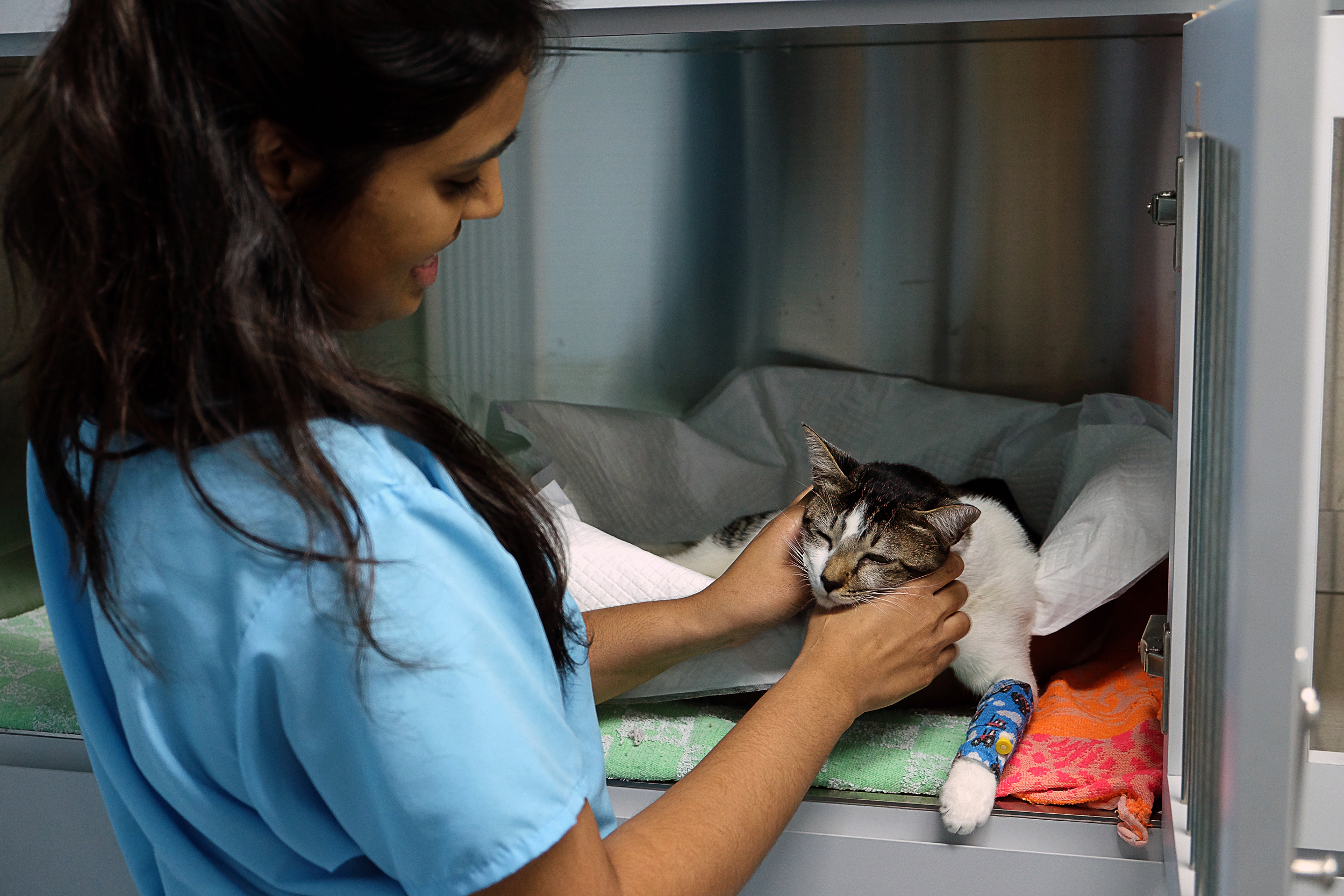
Our Location and Contact
Our Location
We are located at:
Blk 6 Everton Park #01-16
Singapore 080006
Opening Hours
Please refer to the Google page for our daily operating hours!
We operate via an appointment-based system. If you have to do a walk-in consultation, please call before making your way down so that we can prepare for your pet’s arrival.
We accept payments through Credit Card, NETS, FavePay, PayNow/PayLah! and Cash.
Do note that Credit Card payments require a minimum amount of SGD250.00 and above.
Please be punctual for your appointments. Late arrivals will incur waiting time.
The clinic is open on some public holidays, please call a few days in advance of the holiday to find out.
To schedule your appointment, please call the clinic at 63279148 during our operational hours. Thank you.
To email us, please contact us here.
Note: Car Park space is available at Everton Park Car Park (MSCP) block. It is a short walk from the car park to our clinic (around 4 - 10 minutes depending on level)

